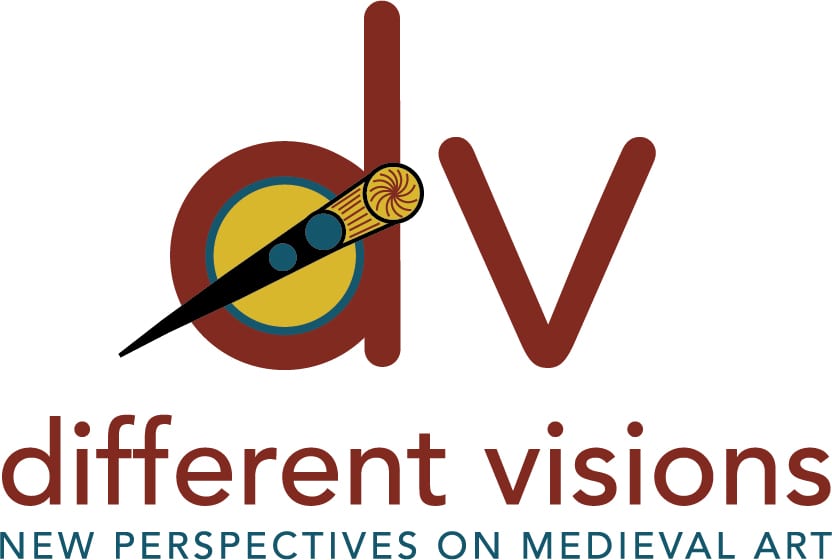Asa Mittman
February 5, 2018
Dear Dr. Weiss,
We are writing to you, a fellow medievalist, on behalf of several Medieval Studies and Art History organizations concerned about the change in admissions charges at the Metropolitan Museum of Art. The Met has been, for many of us, a guiding institution, a temple, and a home away from home. Many of us have given tours of, conducted research in, and brought students to both The Cloisters and the main Fifth Avenue site. We deeply respect the institution and believe it is important not only to us and our students, but to the public in the broadest possible sense — to the global commons for which it was made and to which it properly belongs. The Met has so very much to offer, to teach, and this cannot be restricted to those from only a single region or socioeconomic stratum. We ask you to reconsider the new entrance fee policy.
The Met’s mission is clear:
The Metropolitan Museum of Art collects, studies, conserves, and presents significant works of art across all times and cultures in order to connect people to creativity, knowledge, and ideas.
We note that the statement does not say “New Yorkers,” or “wealthy people,” but simply “people.” We take this to mean that the mission is to connect as many people as possible to this storehouse, this treasure trove of creativity, knowledge, and ideas. The new admissions policy stands in opposition to this goal.
We are well aware of the financial struggles facing the Met. We appreciate their seriousness, and realize that some changes are necessary in order to preserve the institution. However, we believe that there simply must be a way to accomplish this without mandating a $25 admission fee for all visitors from outside the state (with out-of-state students paying $12). The Met is a New York institution, but is not for New York. It is part of the larger public commons. It is a public good in which every American has a stake, and in which every visitor to the city should feel welcome. The same goes for foreign visitors from countries well-represented in the Met’s collections, who would be deterred by the cost from visiting a repository of their own cultural expression.
We have listened to your interview with Brian Lehrer on WNYC but are unconvinced. You say that The Met is already very welcoming, but we fear that you do not know how your museum is often viewed by those from well outside its usual orbit. We have heard, time and again, from students who have traveled to New York but have decided to skip The Met not because they lack interest in the arts, nor because of the cost per se, which until now was up to them, but because they viewed it as an institution for other people.
We would press further: the status quo was already insufficient before this recent announcement. While The Met was installing costly new fountains, it missed opportunities to reach out to marginalized communities. While it was hosting galas, it passed up chances to show the poor and working classes how much of their own stories are housed in its galleries. While it was expanding into The Breuer, it might have been raising funds, as other US museums successfully have done, to bring children, college students, low-income communities, parolees, immigrants, and any number of other groups, local and distant, into its astonishing galleries, to make clear that these collections are for them. In not doing so, The Met abandons New York’s great tradition of free and low-cost public access to educational and cultural institutions, a tradition that was once the engine of social betterment for low-income and working class families, not just in New York but throughout the United States.
You state in the WNYC interview that you are confident that the change in admissions will not hurt attendance, and imply that the considerable pushback is rooted in ignorance. We wish to point out, however, that those pushing back are not ill-informed. Many of us are art historians; many have worked and some are currently employed in museums; many are from, have lived in, and spend considerable time in New York. Many of us work with lower-income groups, and some of us emerged from those very groups to become the teachers, interpreters, and champions of what we then sincerely believed was our museum. We do know what we are talking about. We know that budgetary decisions are never just budgetary decisions. They are statements of priorities. We ask you to reconsider yours.
Sincerely,
The BABEL Working Group
The College Art Association
The Material Collective
MEARCSTAPA
The Society for Medieval Feminist Scholarship
